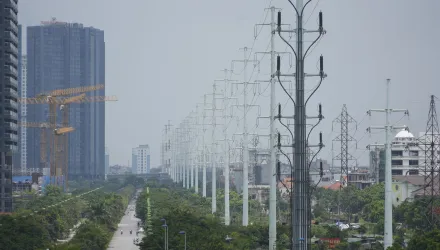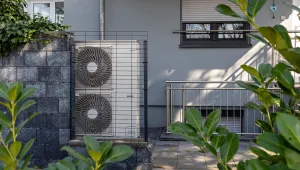Energy Policy Seminar: Liza Reed on "The Exploding Federal Role in Electricity Transmission"
Join us for an Energy Policy Seminar featuring Liza Reed, Research Manager for Low Carbon Technology Policy at the Niskanen Center. Dr. Reed will speak on “The Exploding Federal Role in Electricity Transmission.” HKS Professor Henry Lee will moderate the seminar and Q&A.
Attendance: This event is open to the public and hosted on Zoom. For those who cannot attend live, the seminar will be recorded and available to watch on this page.
Accessibility: Persons with disabilities who wish to request accommodations or who have questions about access, please contact Liz Hanlon (ehanlon@hks.harvard.edu) in advance of the session.
Registration: Please RSVP at the link below. Registration will remain open until the event begins.



